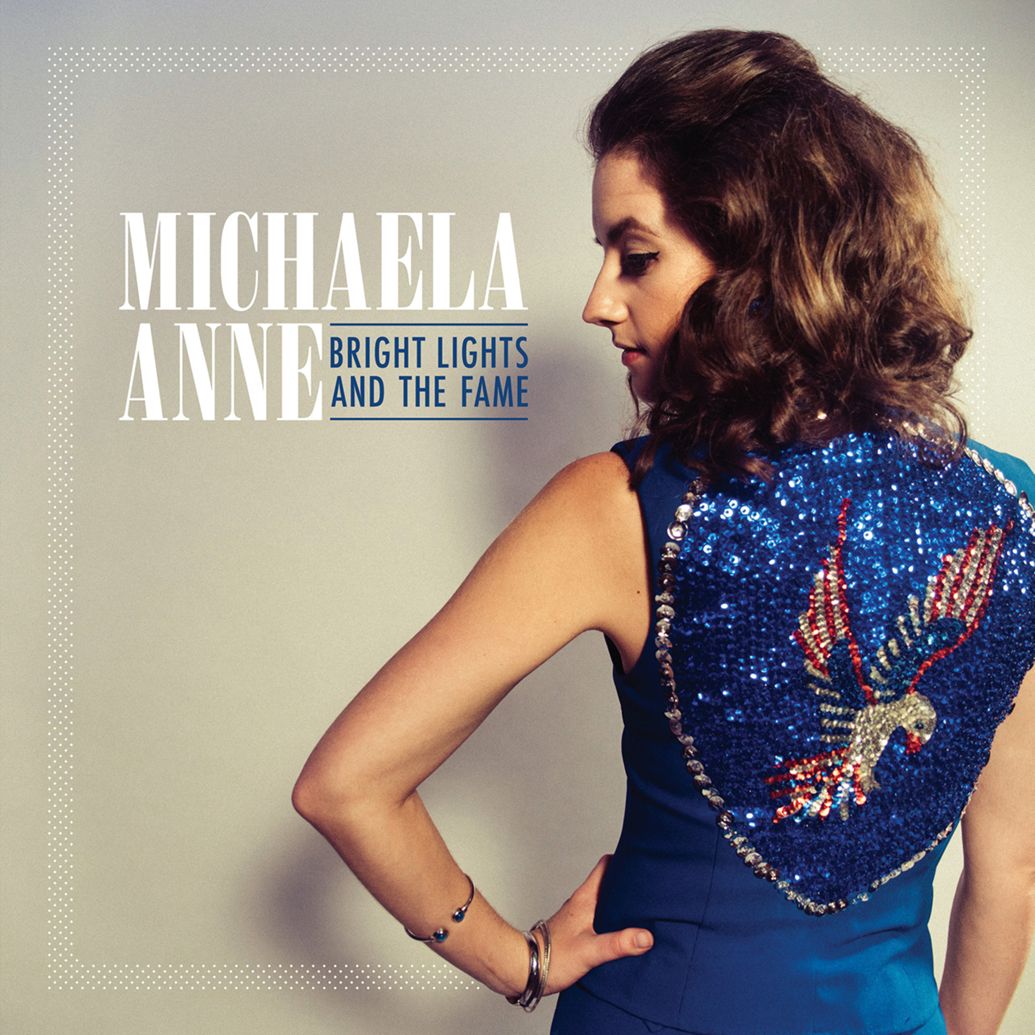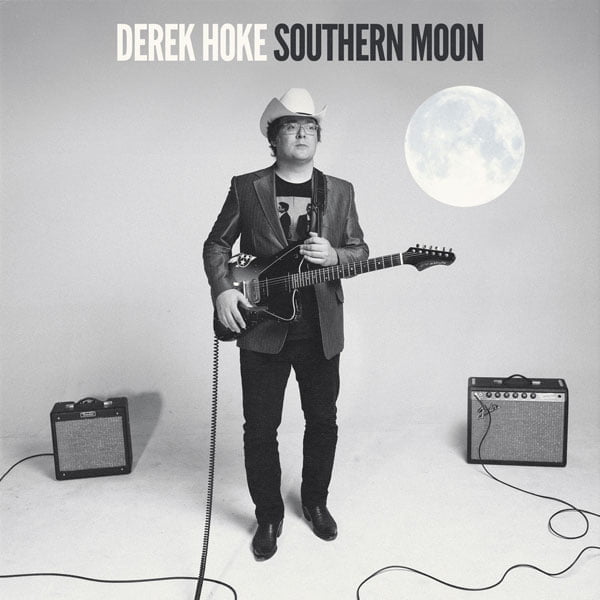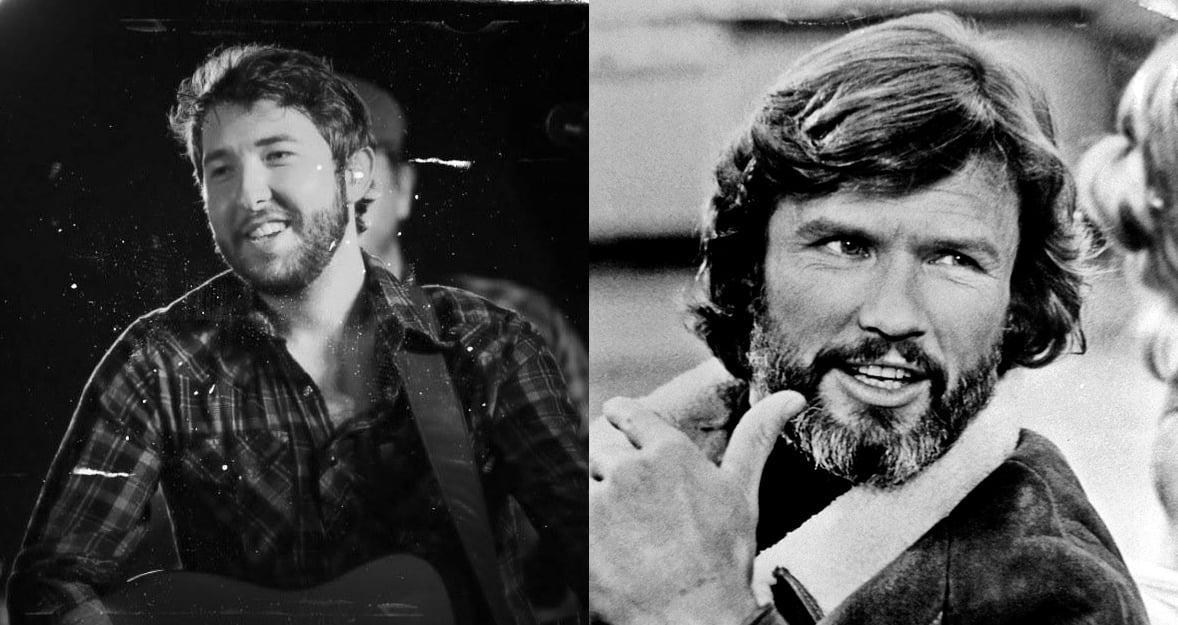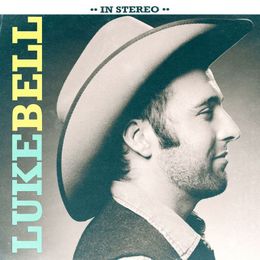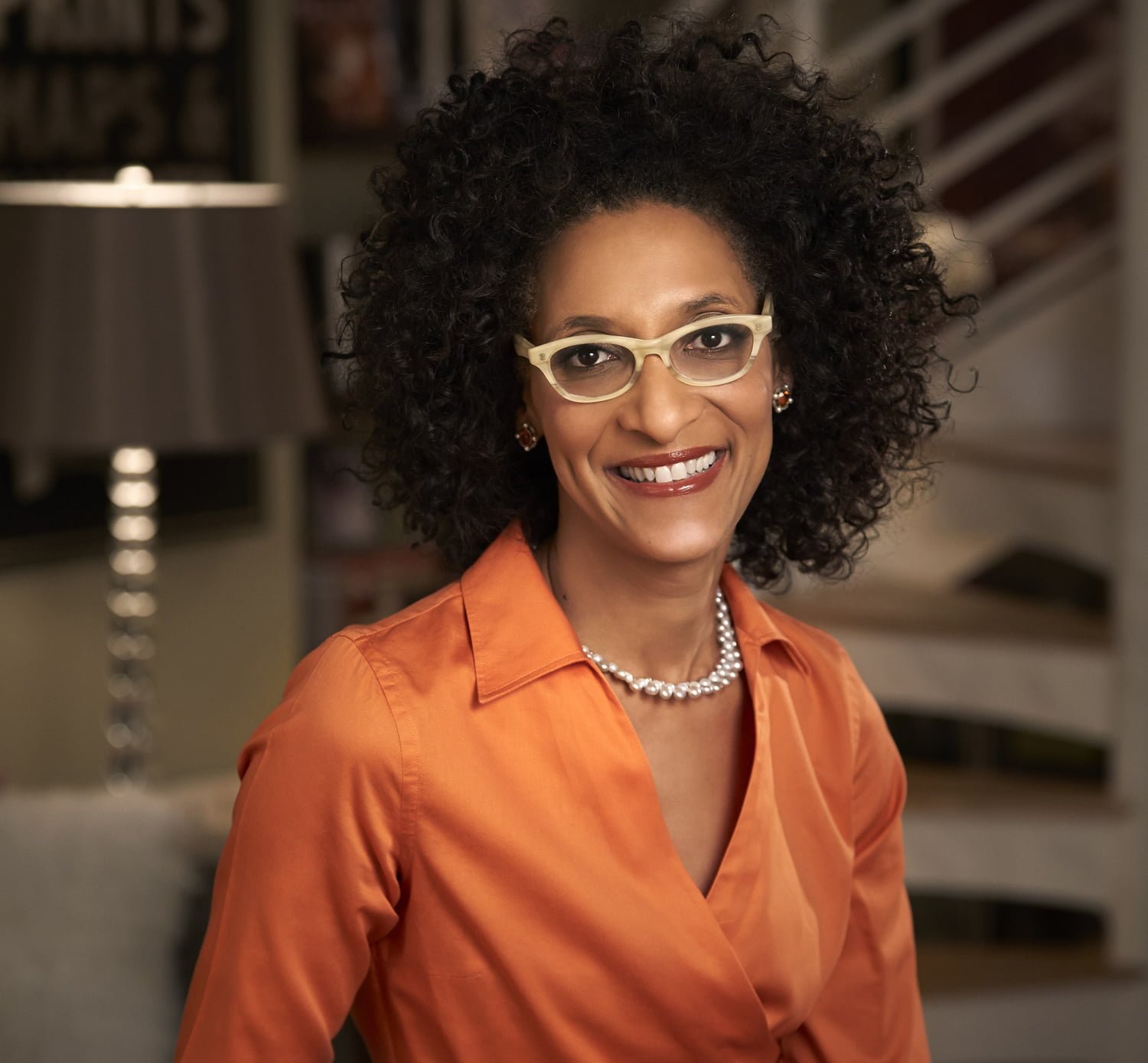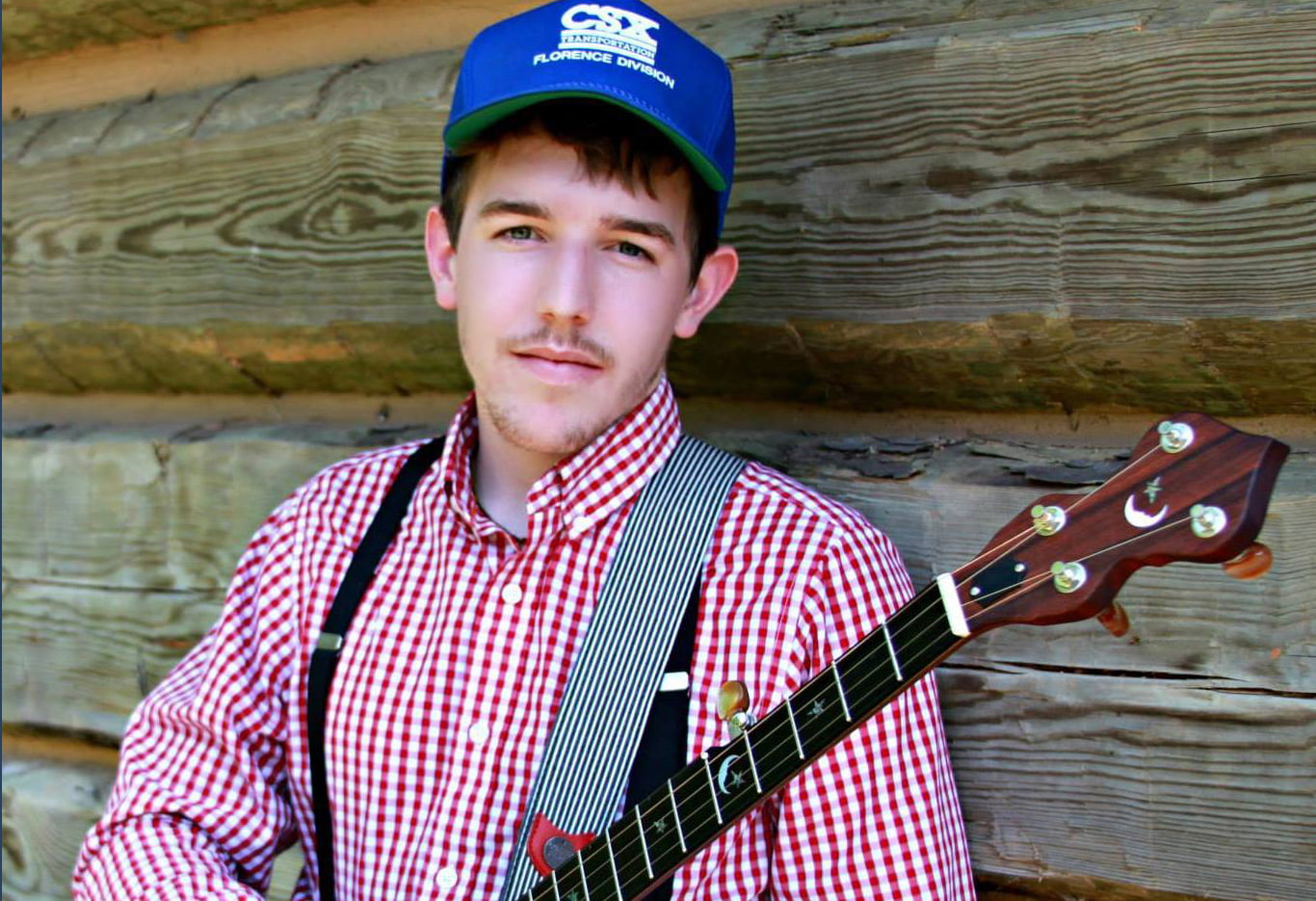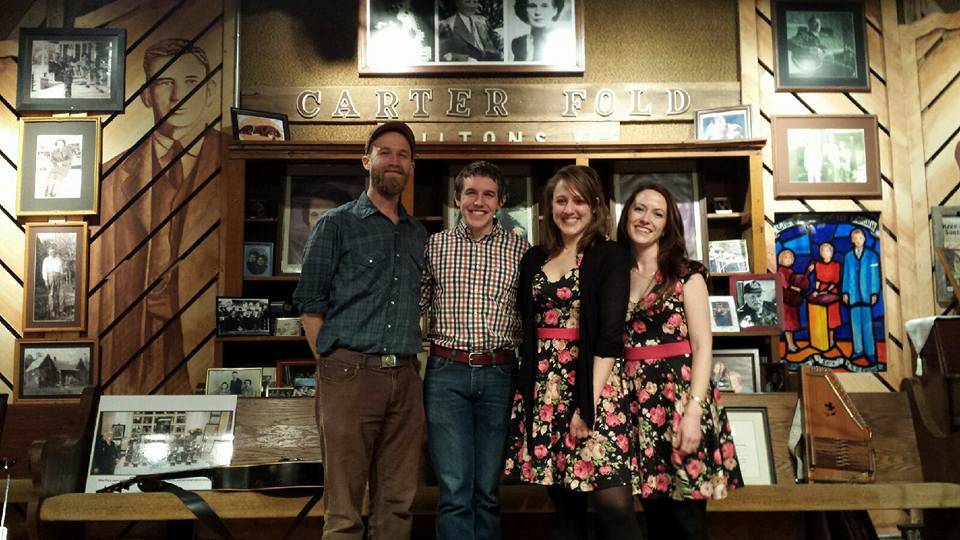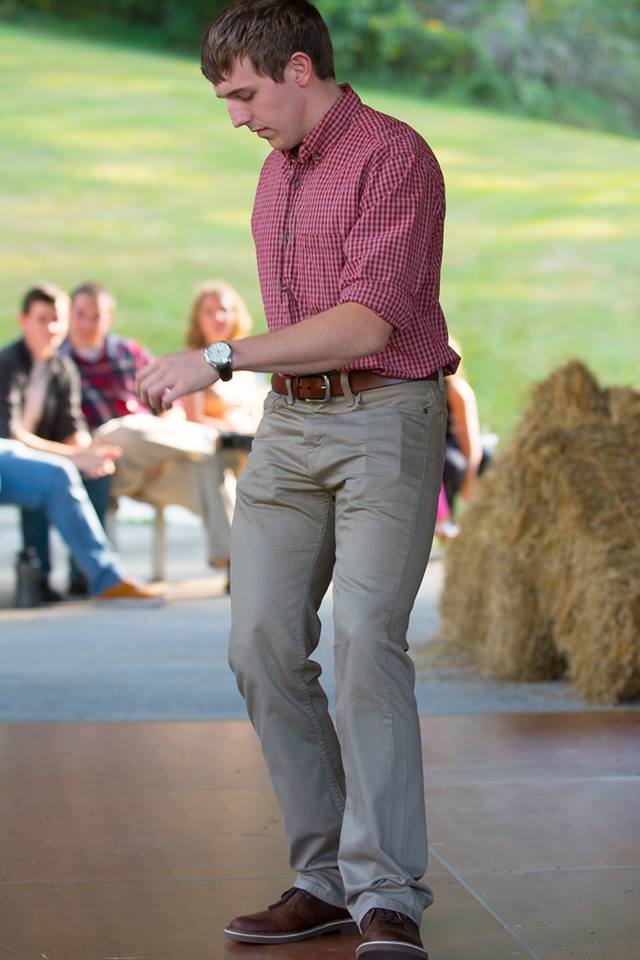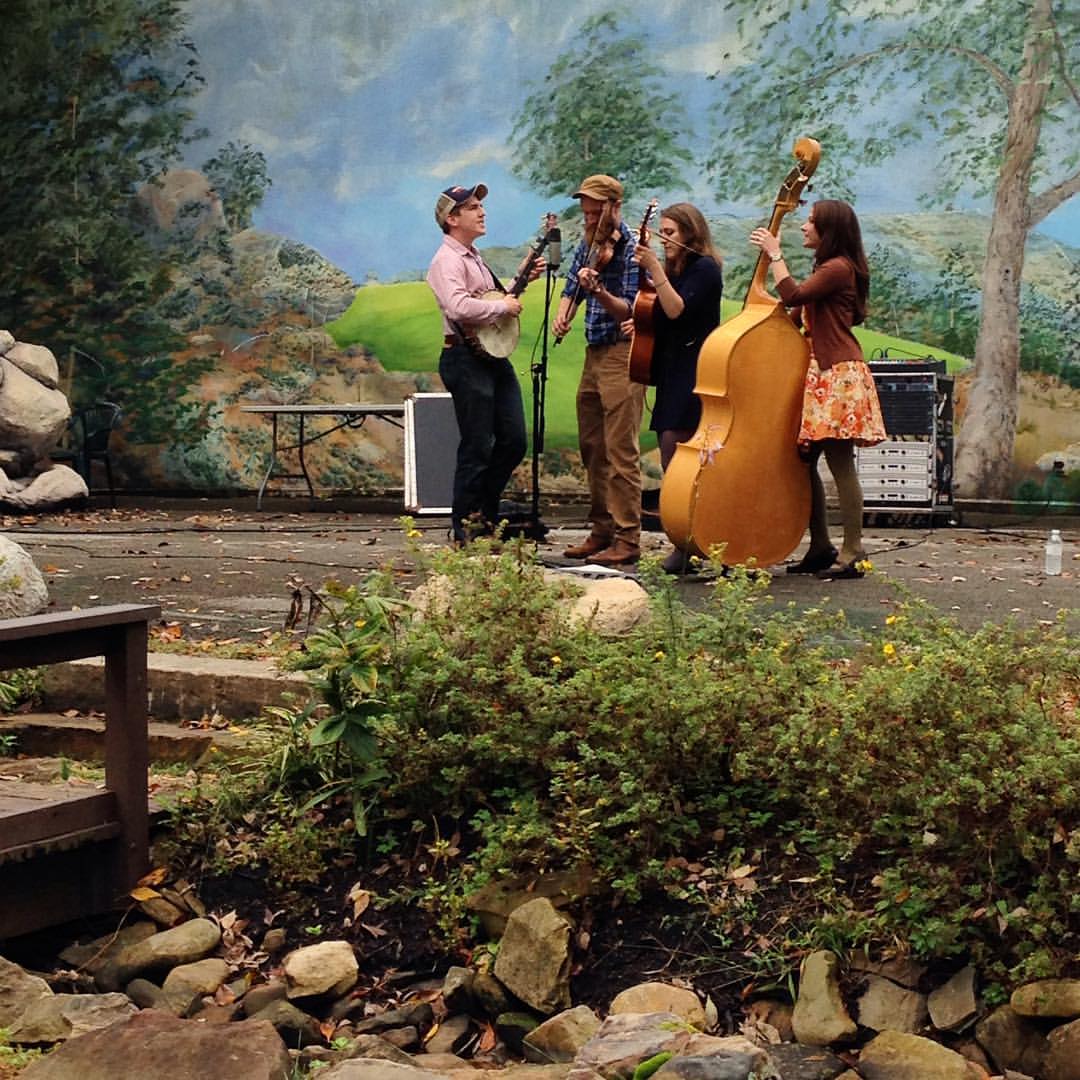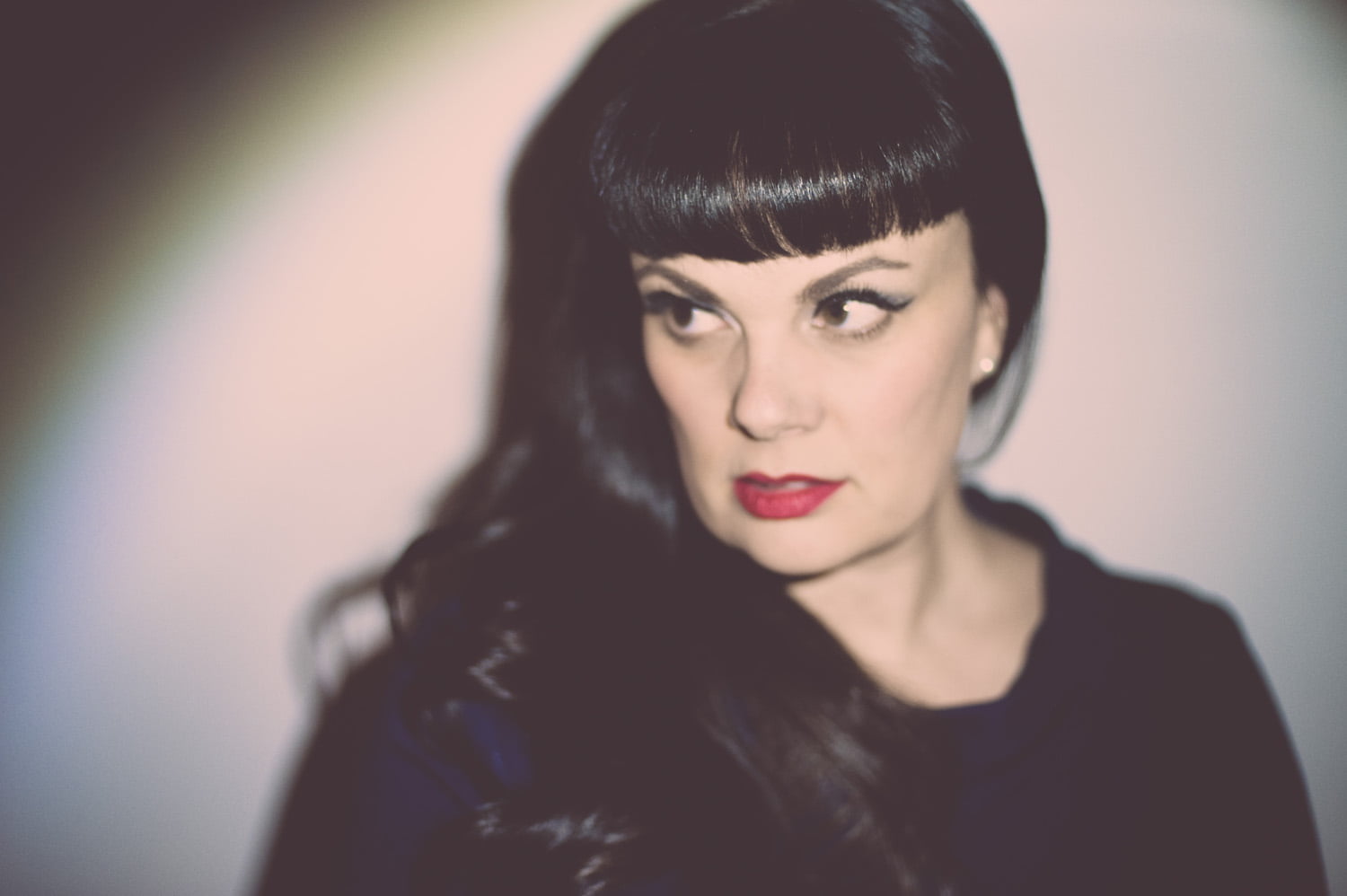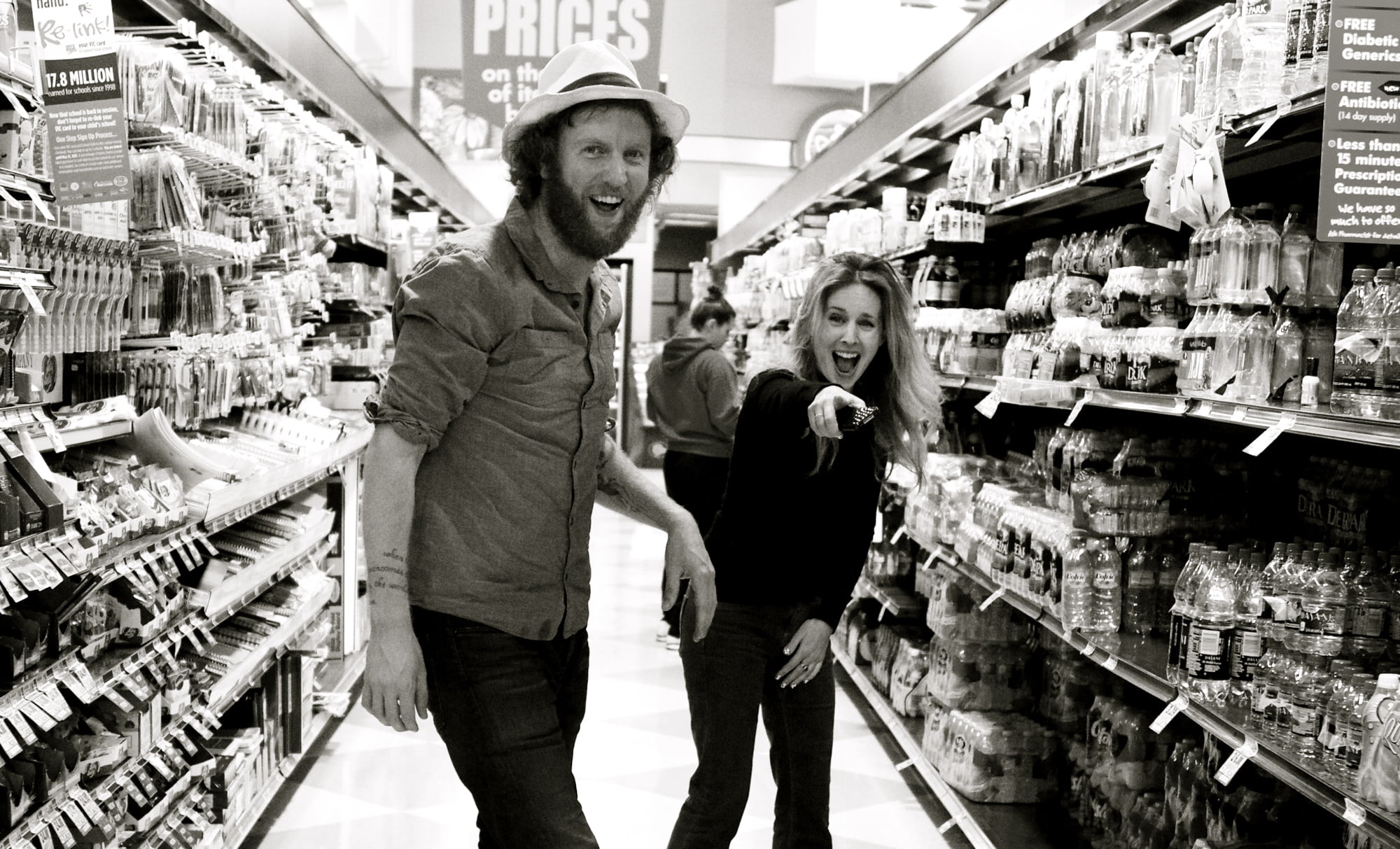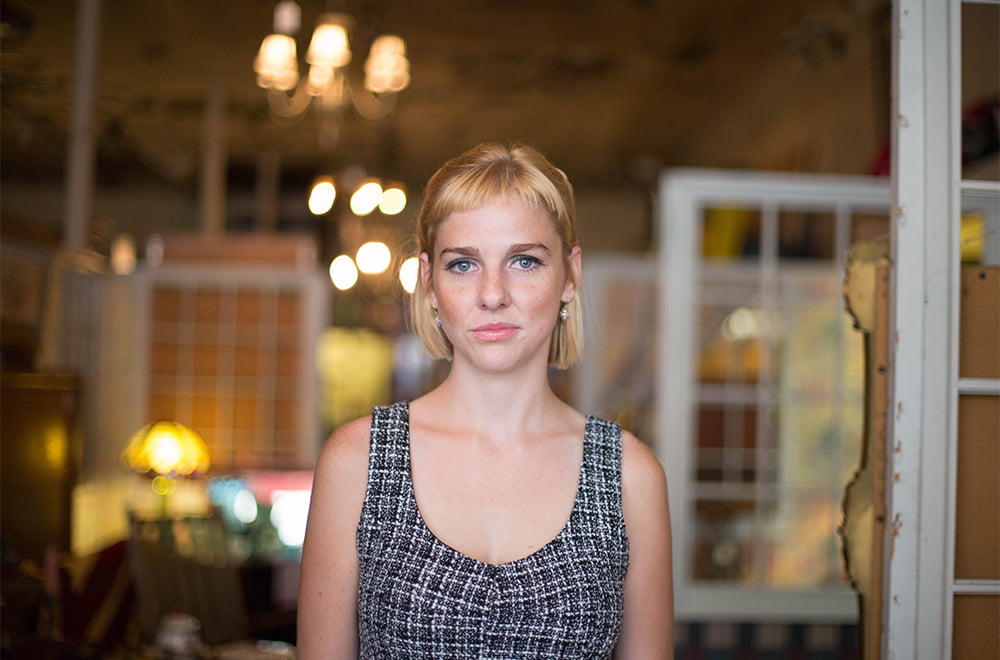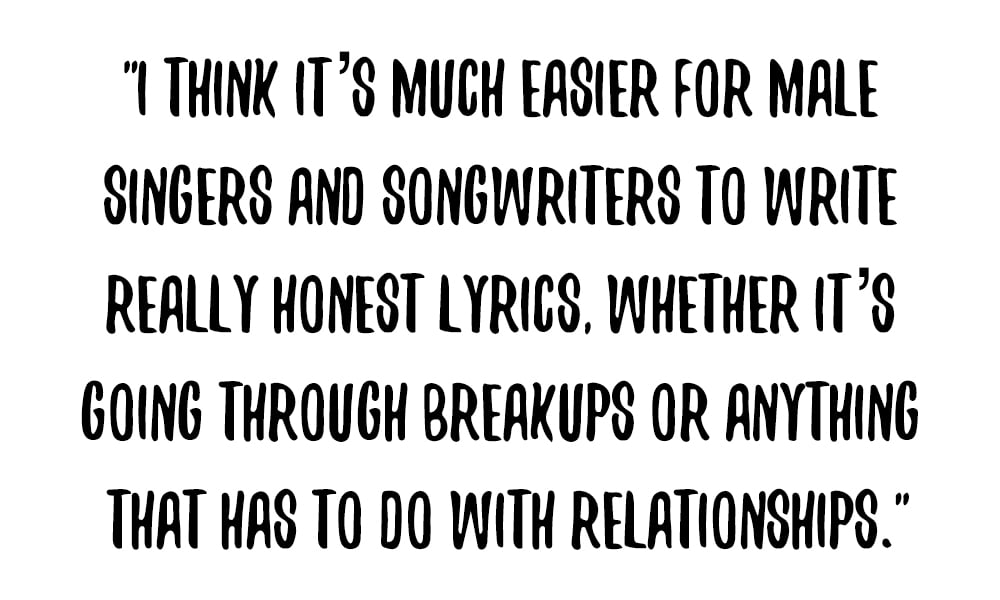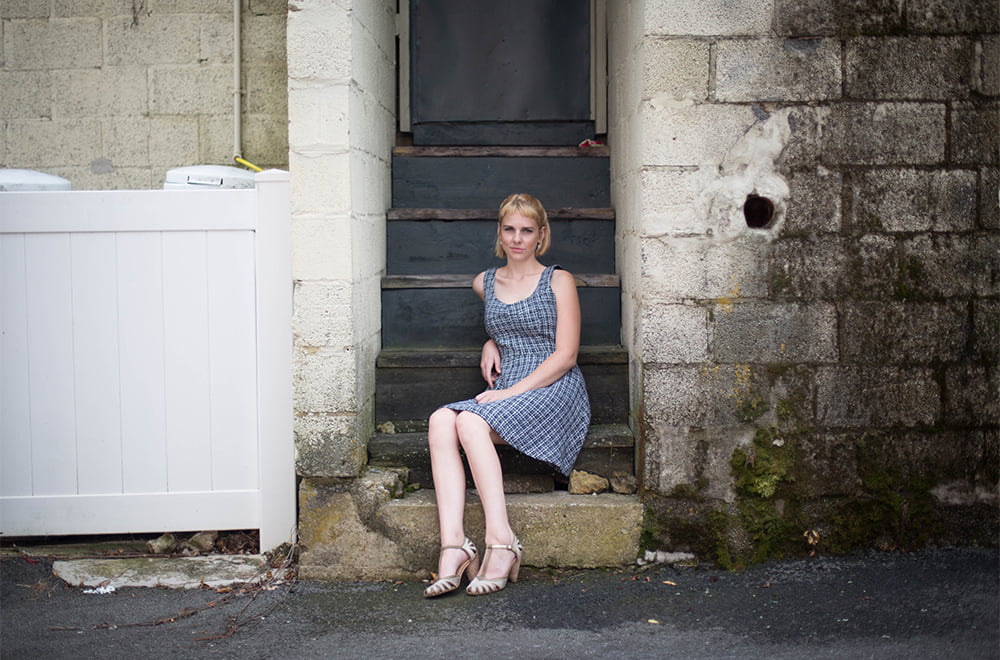It felt like a lucky break to catch singer/songwriter Lucie Silvas and her husband, Brothers Osborne’s John Osborne, while they were in the same room. After all, 2015 saw the independent release of Silvas’s first full-length since 2007, Letters to Ghosts, and all of the promotion whirlwind and touring that came with it. Meanwhile, Osborne had been touring, recording, and working toward the January release of Pawn Shop, Brothers Osborne’s debut full-length, while watching their single “Stay a Little Longer” climb the country charts. (The duo even nabbed a Grammy nomination for “Stay a Little Longer.”)
Even with their individual pursuits and shared influences, it's clear just how intertwined the couple's successes have become. It was difficult for either musician to get a word in edgewise as they poured praise upon one another, remembering the way their relationship began and running over the influences, creative environments and shared passions that allowed the last 12 months to be some of their most eventful.
Since I’ve got you both, let’s start with the way you first wrote together and got to know each other. I know you met when Lucie was first in Nashville in 2007. Can you tell me a little bit about that?
Lucie Silvas: Well, you know the first time we wrote together I think we were both — well, I’ll speak for myself — I was nervous. I was in a new place, and I was excited. I was trying to impress in lots of ways and just keep my cool. We just had fun collaborating. We did it a lot over the years; sometimes it was something we’d be put into, like a co-write with a third person. But sometimes we’d just sit there in the house. We’ve written a couple of songs I’m really proud of, over the years, and it always seemed easy. I don’t think all couples find it that easy to write together, but we seem to.
John Osborne: I wasn’t there to write a song as much as I was there to meet Lucie and somehow not make a complete ass out of myself. I kind of can’t even remember what the song was about …
LS: I can’t remember the song.
JO: It wasn’t even about the song. I had ulterior motives. [Laughs] But, since then, we’ve always had an amazing working relationship. There’s such a mutual admiration there. Lucie’s such a powerful singer and songwriter. I come from more of a musical, instrumental side of things. It’s great — her strengths support where my strengths are, and they don’t necessarily overlap. They really complement each other very well.
Letters to Ghosts is definitely a great example of that, what with John working on the record as a producer.
JO: Lucie needed to put out music. Anyone that’s as gifted as she is, at singing and conveying a song, needs to be heard. It would be criminal for her not to be heard, for anyone at her level to be silent. I kind of got the ball rolling: “Let’s just do this. We’ll worry about the rest later.”
We just did it piece by piece. We didn’t over-think it. As a producer, it’s really difficult if the artist isn’t great. It’s almost impossible if the artist isn’t good. But, with Lucie, she’s so amazing as a vocalist and as a conveyer and as a songwriter that it makes your job kind of easy. You let the songs steer you in the right direction. You let the singer steer you in the right direction. All I was hoping for was to not screw it up. It was so much fun because her music is quite different than the music that I play with Brothers Osborne. It was a lot of experimentation and a lot of work. We did it over the course of months, so we were able to really experiment with sounds and get some cool stuff and re-record a lot of things.
LS: John has always been really encouraging to me, just as a friend — let alone somebody who I was with in a couple. The creative process can’t be anything but exciting and inspiring when you’ve got someone with such enormous musical ability and such a laid-back nature. It makes it very easy to be fun. We also had no constraints on it. We were just sitting there having a blast in the studio. It’s nice to know we’re there for the right reasons and we’re having fun with it. John was doing all of this around a crazy schedule. He’d come home and he’d have no time to himself whatsoever, but he loves music so much that it just is a joy to him.
Every time I’d get frustrated and say, “How are we going to do this? How are we going to pay for this?” He’d be like, “Let’s just get resourceful — let’s just get our heads down and get our heads in the right place.”
JO: Sometimes not having a huge budget forces you to be creative. It doesn’t let you be lazy. It doesn’t let you rely on money. That, a lot of times, leads to really cool, new fresh things. It certainly did with this record.
Lucie, you’ve talked a lot about your interest in learning the mandolin and how that came through on Letters to Ghosts. John, you’ve got a lengthy guitar solo in “Stay a Little Longer,” and your reputation precedes you as a player in Nashville. Tell me a little bit about how instrumentals can change a song.
JO: I love playing long-winded solos. It’s fun for me. It’s exciting. But, at the end of the day, you have to service the song — that’s the most important thing. You have the melody and you have the lyric. And then you have the person that is singing them. That’s the most important part. Everything around them needs to complement that. I believe the long solo on “Stay a Little Longer” works; it has this kind of emotional thing. It’s this drawn-out moment between a man and a woman — or, like in our video, a man and a man — that seems to last forever. You’re not sure if you’re in love or out of love or what’s happening. It works within the context of that song.
LS: It really does.
JO: I f you listen to the rest of the songs on our record, there aren’t a lot of solos like that. On “Pawn Shop,” specifically, there’s kind of a hooky, licky part … I don’t think guitar solos should be gratuitous. They should support the song. A session guitar player told me, when I moved to Nashville, that the end goal is to be able to mute the lyrics and mute the vocal of the song and still kind of know what the song is about.
LS: That’s a really interesting question, though. It’s got my brain ticking. In “Stay a Little Longer” [the guitar solo] is the climax — it’s where the song is ending up. The frustration in the lyrics, the temptation that the song is talking about: you hear that. It goes and it goes and it goes, until you reach this sort of euphoric, heavenly moment with the guitar solo. That’s how love is; you get yourself into that headspace and you just acclimate from there. I think a lot of the songs on Pawn Shop do that. You get the feeling that the guitar is the song. John’s very good at, stylistically, adding what he does to make the song supported even more.
I think back to a lot of the Motown songs that I love — some of the Marvin Gaye stuff or Otis Redding or Stevie Wonder. Some of those musical riffs are the songs. They are the most identifiable moments in a song, regardless of the lyrics or even the voice, which is always phenomenal. They created the sound of the song, and that musical part of the song is also really important.
Brothers Osborne has a bluesy, rock edge that you don’t see in as many mainstream country songs. Lucie, your music has been embraced by some country stations, despite it not necessarily being bound to a particular genre. What do you think about the state of country and Americana music right now? Are the boundaries changing?
JO: It’s a really interesting time for music, in general. People don’t necessarily subscribe to one genre anymore. The iPod generation started that with the ability to shuffle the songs and make a playlist. The line immediately got deleted. On the one hand, it’s a slippery slope because it can muddy the waters of what makes a genre distinct. On the other hand, it has led to a lot of opportunity for artists that might be in the grey area like Brothers Osborne and Lucie.
It’s actually a really good time for music — especially country music — because people seem to be a lot more open-minded and willing to hear new sounds and new styles and new songs and new singers. They’re hungry for something fresh and original and genuine. Country music goes in and out of being genuine, but when it is genuine, it’s the most genuine genre of music, I think, that there is.
LS: And it’s exciting, because country music is on a world stage like it’s, possibly, dare I say it, not been in the same way before. It’s not kept separate like it might have been in the past. There’s room for good music and not necessarily these very tightly wound compartments or genres that can’t be broken. Music isn’t supposed to be about that. Music is supposed to be about feelings and emotions, making you feel something. I don’t care what genre something is; I just want to hear something good that touches me. I feel like things are becoming that way, and that’s extremely exciting to me.
Definitely. John, I’ve seen you say in interviews that Brothers Osborne was able to release Pawn Shop at the perfect time, and that makes sense, especially with what you guys are saying now. Let’s talk about that record.
LS: Oh my God, there’s so much. I’ve seen it take shape over a long period of time. They’ve been on this crazy, crazy ride, just traveling all the time and writing every chance they get and making this album. Like every album, it’s a challenge because you try not to feel … it’s not pressure from the outside. We put ourselves under so much pressure. It’s not that it’s not fun, because we have an absolute blast, but we just … it’s an amazing thing to be making an album, and we just want it to be great.
I got to sing on some of the album, which was a brilliant moment for me, just because I genuinely love the songs. John is very spontaneous when he does things, but he also takes a lot of care. He really does not do anything by half — he will sit there and do it until it’s a thousand percent finished. Somehow doing it like that, being very patient and methodical, has not gotten in the way of the passion you hear in his playing and on the album and in TJ’s singing and the whole thing. It’s very inspiring for me to watch and to witness them doing what is, I think, an exceptional album. It’s very exciting.
Okay, you go, John. [Laughs] We’re actually eating garlic bread, and we just reached for the same bit.
JO: We’re so in sync! [Laughs]
LS: John, did you want to add to that?
JO: I mean, our album definitely comes from a place of honesty and originality, the same place that Lucie’s album comes from. We never had a conversation about what was working on the radio. We never had a conversation about what songs were successful. We never had a conversation about what the masses would like. All we did was make music that we like. And it’s the same for Letters to Ghosts; it’s the same for Pawn Shop. When you listen to those records, even back-to-back, you’re going to hear a collection of songs and sounds that are unique to us. There’s no reason why any artist should put out something that’s already been done. As a listener, I wouldn’t want that. I want to listen to Thriller because I can only get those sounds on Thriller from Michael Jackson. I want to listen to a Willie Nelson record because I only get songs and sounds like that from Willie Nelson. A lot of artists, lately, copy what’s successful. You’re not going to find anything like that on Pawn Shop or Letters to Ghosts.
LS: You have your influences. There’s gonna be stuff you’re inspired by, and you can hear that in the music. Brothers Osborne, even though they’re signed to a major label, they have this thing where they’re thinking, “This is scary, because we might not fit in anywhere.” And we think that’s a good thing. But, in music — in the music industry — that can be a real challenge for artists. Because, if you don’t fit in, the chances are that you might not be put in any category.
Luckily, we’d rather do nothing or do something else than ruin the integrity of what we’re doing. It’s pretty much, “This is what we love, and we can’t compromise that.” We’ve both taken a long time to get to this point in our lives, and there’s a reason behind that. There’s a reason behind not releasing music just for the sake of being out there. We waited and we worked hard because it meant something to do something that was completely genuine, and didn’t worry about what was going to happen to it.
You talk about influences — tell me about those. Do you share a lot of the same heroes and influences, musically?
LS: We love something when we know it’s genuine. For me, growing up, that was Motown. It was Jackie Wilson and the Jackson 5 and, in some cases, the Eagles and Fleetwood Mac. As I got a bit older and was a teenager, it was all about Prince and Sheryl Crow. It was always these really strong characters. Whether it was their music or their personalities, some sort of power came from them and it was very inspiring. When I met John and saw him play, you could see there was a bond there over soul and blues. At times when we weren’t actually making music, we’d sit in the house and he’d play and I’d sing. We definitely had a connection there, in the type of music we gravitated toward. It’s just a coincidence that we had feelings for each other and we also had so much in common musically.
JO: The first time I heard Lucie sing, I heard so much soul and passion behind it. That’s one of the things that I deem most important, when it comes to singing and performing and playing instruments, is soul — that’s where it all came from. If you listen to rock music and soul music and R&B, it’s all stemmed from the blues. I feel like, in some cases, that the soul and the passion is missing; people are just singing or performing.
There are a lot of great singers out there, but that doesn’t make them great artists. I grew up playing a lot of blues music — I loved B.B. King and Albert King and Stevie Ray Vaughn and bands like the Allman Brothers, with Duane Allman and Dickie Betts. That just all are 100 percent heart in their playing. So that’s what I’m used to hearing, and the second Lucie opened her mouth and started singing I knew — I was like, “Yes, that’s exactly what singing should sound like. That’s what music should sound like.” Music should come entirely from the heart — only access the brain when needed. But it should start from the heart. That’s what my favorite music is like and that’s what Lucie’s favorite music is like.
What about the reverse? Is there a song that one of you really likes and the other really hates? What do you disagree on,musically?
LS: Um, I’m trying to think … We usually agree on many things, but we also have a lot of … we’ll tend to think the same thing about the song, and there’s a reason why we don’t like it. I’m trying to …
JO: We disagree on 1990s alternative rock music.
LS: Oh my God. Yes.
JO: When I was in middle school and high school, all I listened to was grunge and Seattle rock stuff — all the popular stuff, but like Nirvana, Pearl Jam, Sound Garden, Stone Temple Pilots. The list goes on and on. I love that music — still, to this day, I absolutely love that music. Scott Weiland dying was a big heartbreaker for me, because I was such a big fan of STP. That’s the only thing we disagree on.
LS: Hey, I love Nirvana, and there are a few things I really love about Stone Temple Pilots. But it is a general genre that I think missed me. [Laughs]
JO: At that time, we were listening to such different things.
LS: Yeah. I think I went through my Prince phase at that time. I’m also older than John. So I guess there were certain things I was listening to in school … I was really into Prince, really into Michael Jackson, really into Motown still. And I definitely got on the Nirvana thing. If John and my sister had met at that time, they would have been best friends, because she had the exact same taste in music.
But, you know what? Even if we disagree on that, I think it’s good. You can’t agree on everything, or there’s no challenge there. When we disagree on something and I hear him speak about stuff that he either passionately loves or passionately hates, it gives me more insight into how his brain works. That’s pretty cool. Then we’ll just agree to disagree [Laughs] Or, I’ll go away thinking I’m right.
Is there anything you feel like you’ve learned recently?
JO: Every time you’re in the studio, you learn something. You learn something about yourself. You should always be evolving, you should always be willing to try new things. If you’re a creative person, that’s what you do best, is to search and to create and find something new that hasn’t been done before. I guess that’s art in general — it doesn’t matter if you’re a painter or a guitar player, that’s what you’re trying to do. In the studio, you’ve gotta have an open mind. You have a blank canvas, and you have yourself and the people around you that are helping you play. You have a vocalist and you have musicians and you have the engineer and all that stuff and, as a team, you work together to create a piece of art. You have to be willing to be open-minded about it. There’s no reason to surround yourself with yes-people. You want to surround yourself with people who challenge you and bring up ideas that you’d never thought of. When you put all those things together, you create something original … hopefully. Every time I’m in the studio, I learn something. I learn a lot about myself. I learn about my strengths; I learn about my weaknesses. It’s a very eye-opening experience, I think. By the end of the record, it’s emotionally draining. I think it should be. The process is always … it should be that way. By the end of it, you’ve learned a lot. Almost too much, sometimes, but it’s always a good thing.
LS: Yeah, it is. I think that’s a good point: Every time you do anything, or even start a day in your life, you’ve got to hope that you can start at a very neutral place — start from zero. You never know how you’re going to surprise yourself. There have been many times where maybe I’ve had a bad day and I’ve gone into the studio thinking that, really, all the songs in the world must have been written already. [Laughs] I mean, there are only so many notes on the piano, so many notes in the world. And yet, you go in and you just think, "Well, I know the things I can do, but I’ve got no idea how many more things I can or can’t do. I’m just going to see."
Hopefully, you’re in a room with a person who helps to teach you that, to teach you something. John and I are both people’s people. We love meeting people, we love being around people. Because, you know, it’s always a fascinating experience — everyone’s got a point of view. Everyone’s got something to give and something you can learn from them. I absolutely believe that all people have to be equal in any collaborative situation or any musical situation. You go in and you respect the people around you, because you just never know what they’re going to teach you. You have to all be open-minded. If one person isn’t like that, it changes the course of the day. It changes everything about what you’re doing. You really can’t learn anything, if you’ve already decided something.
